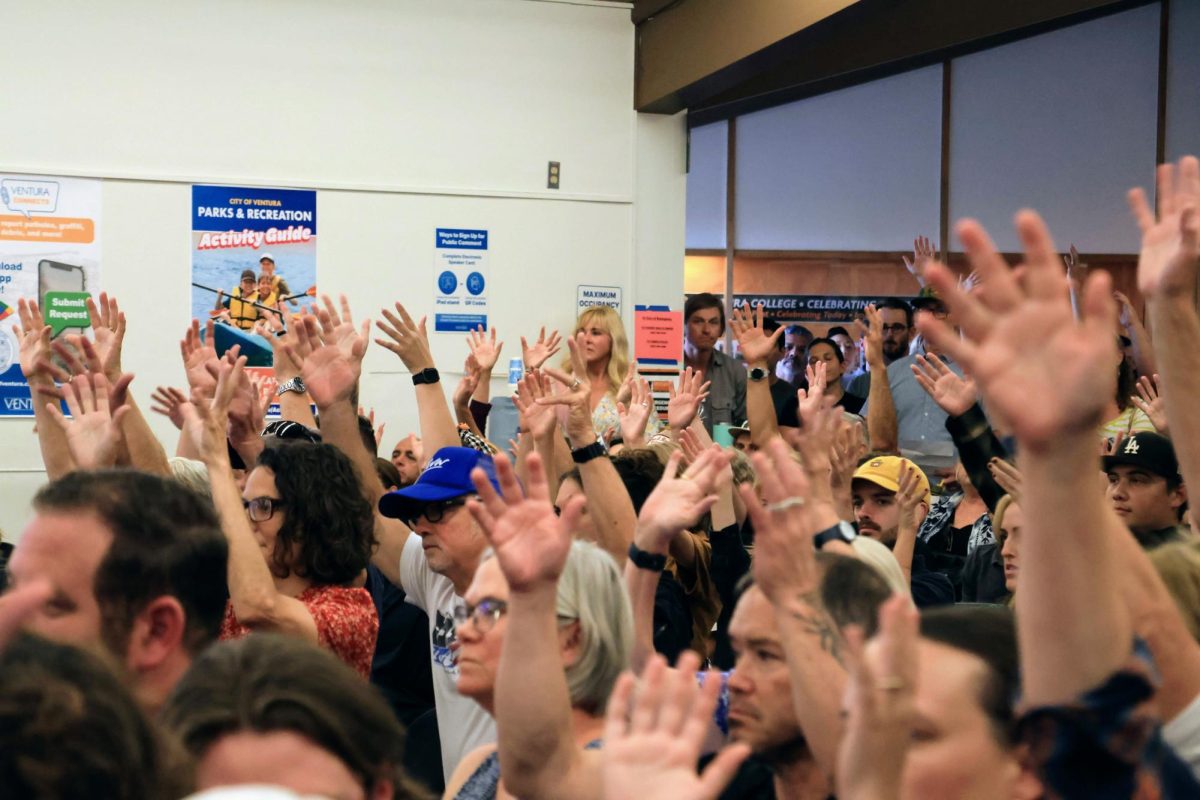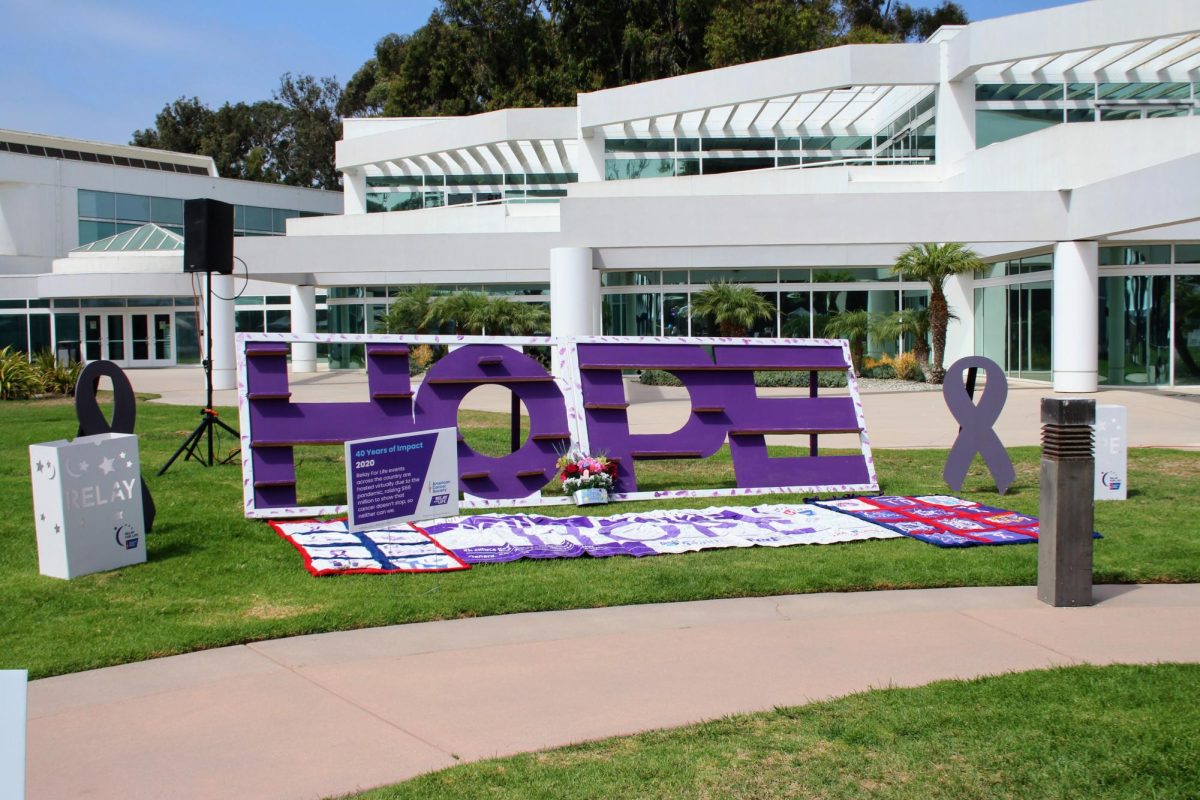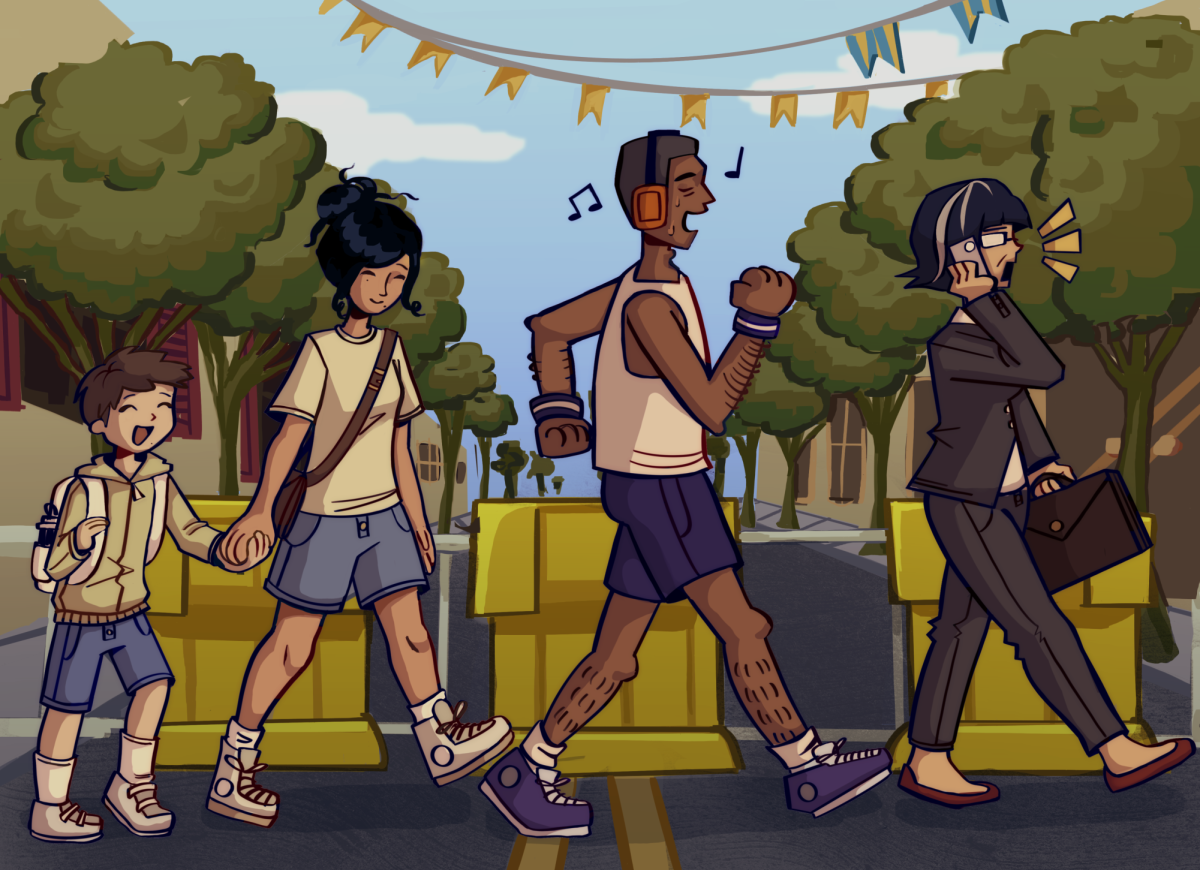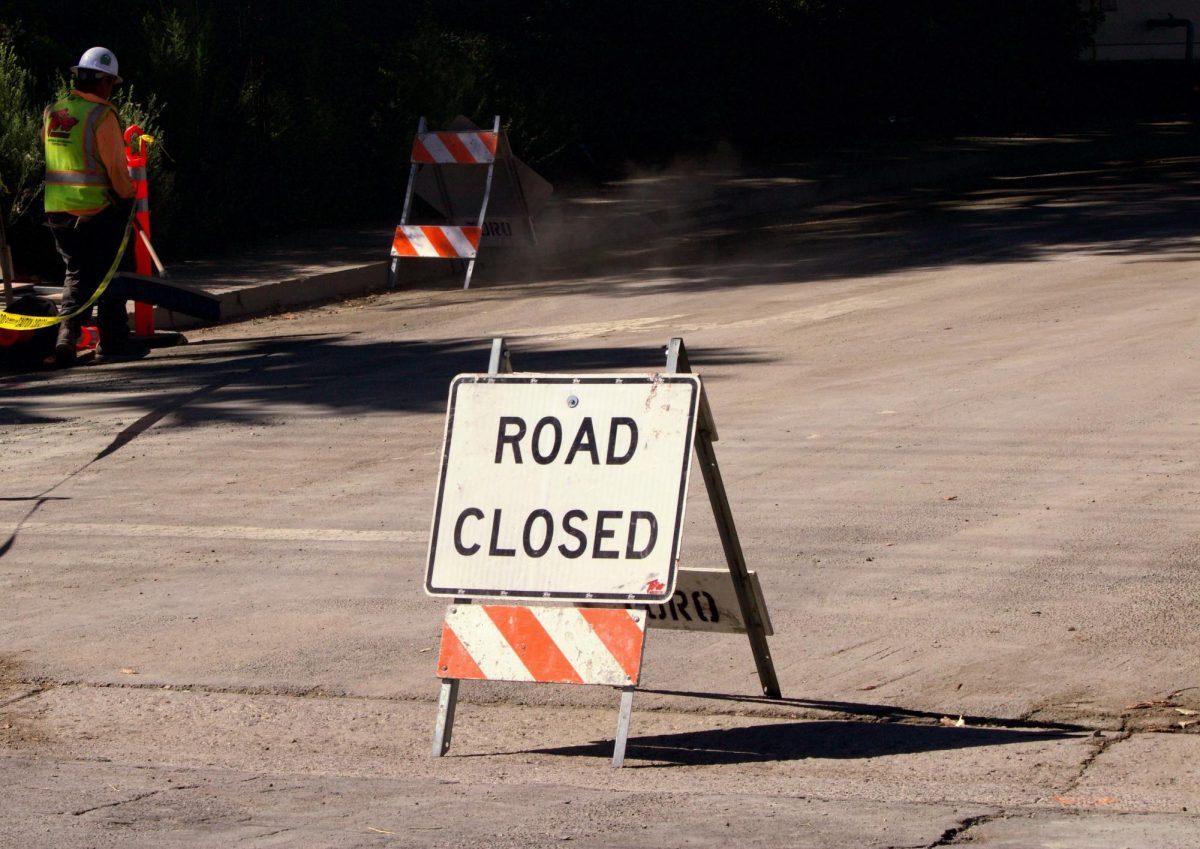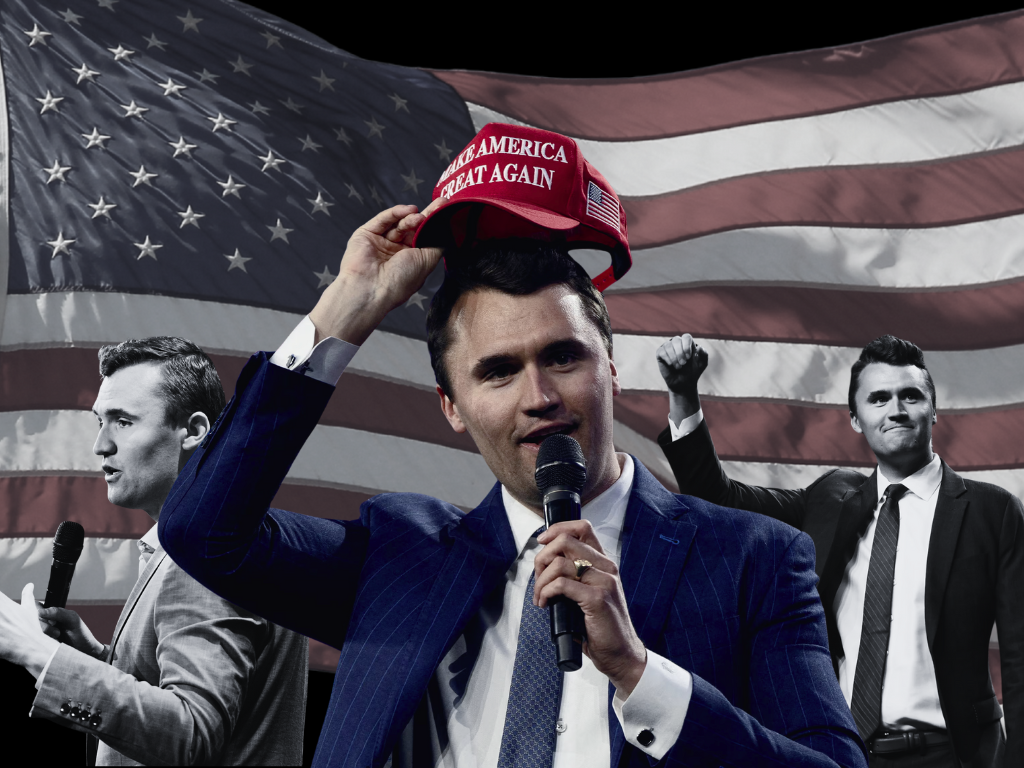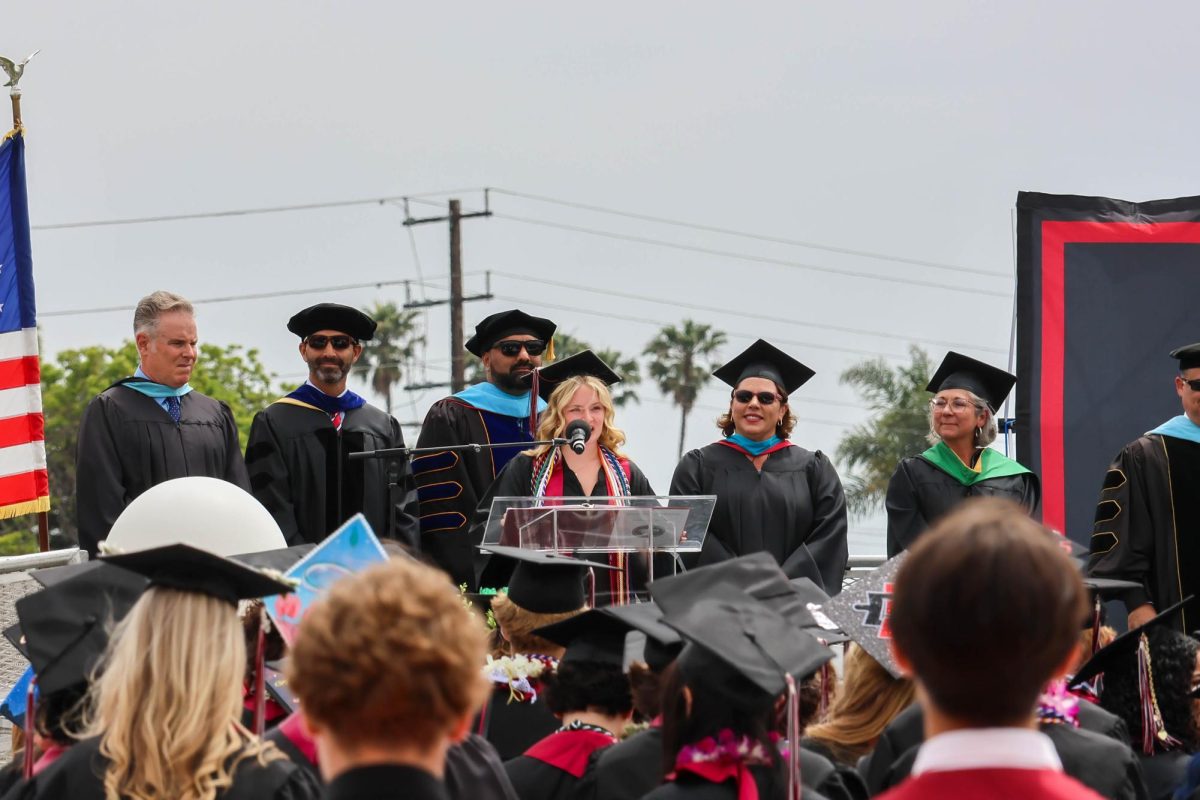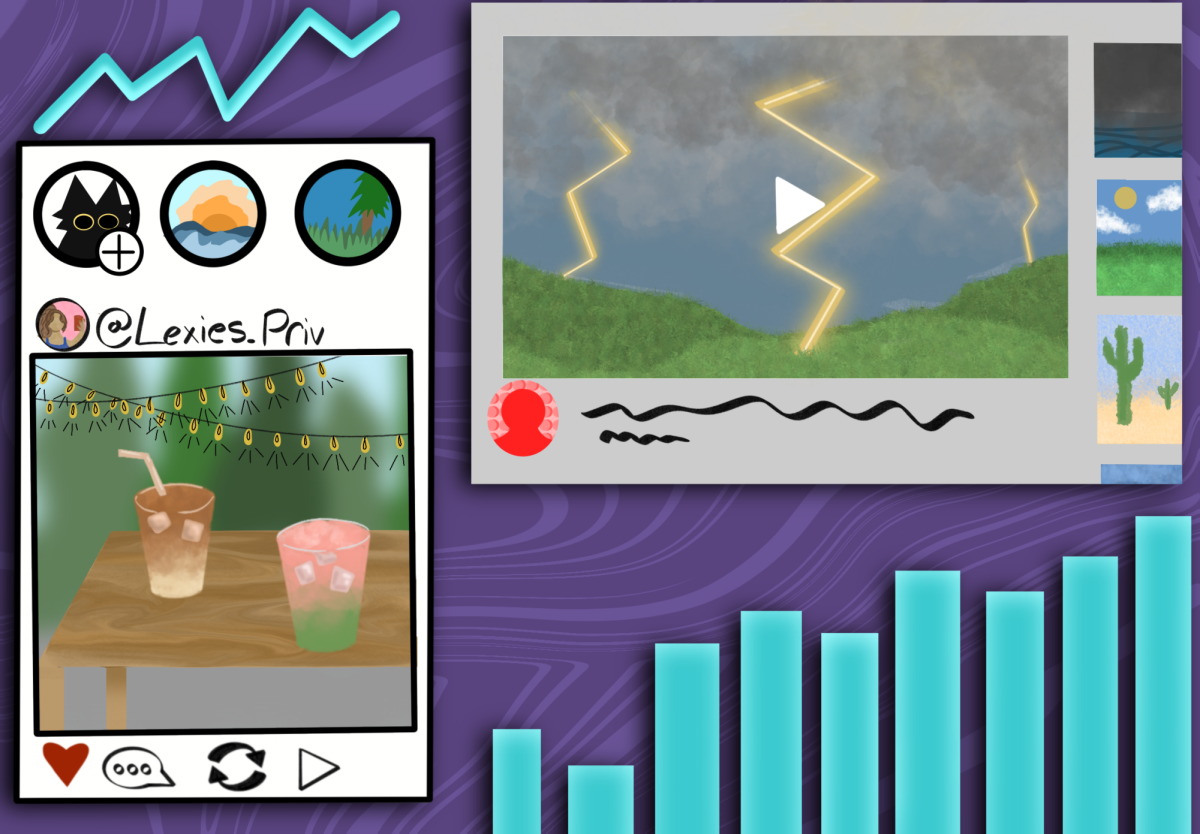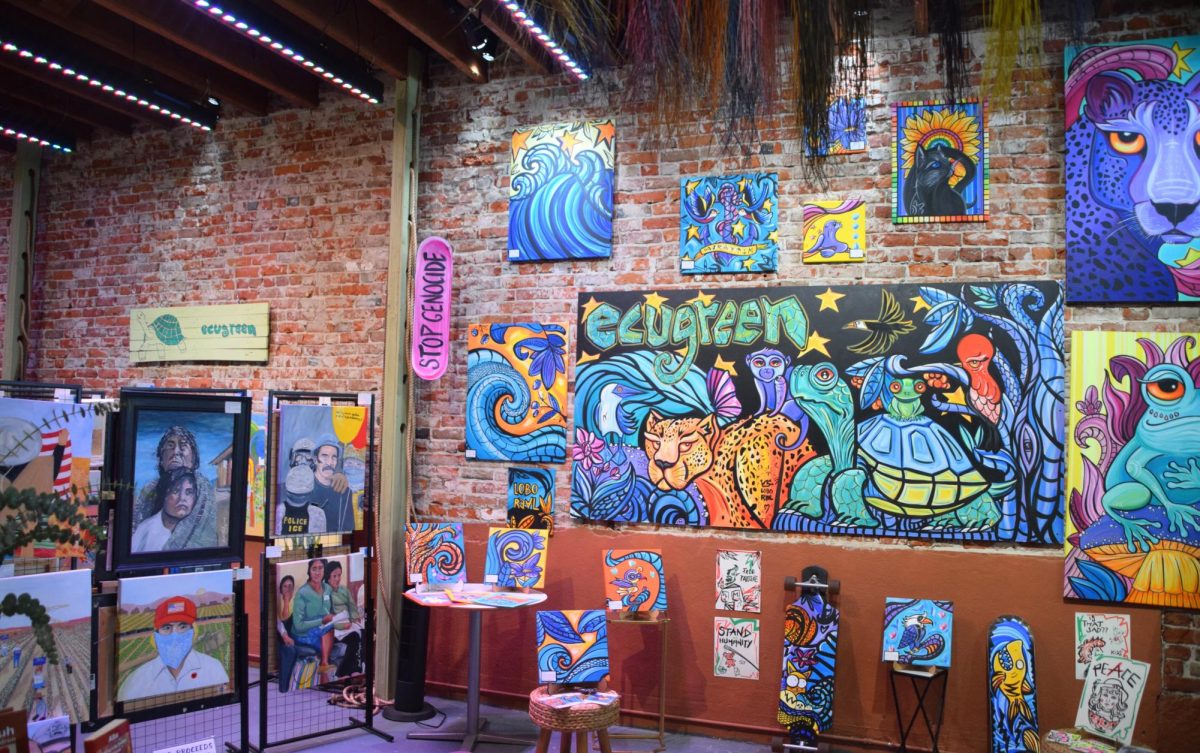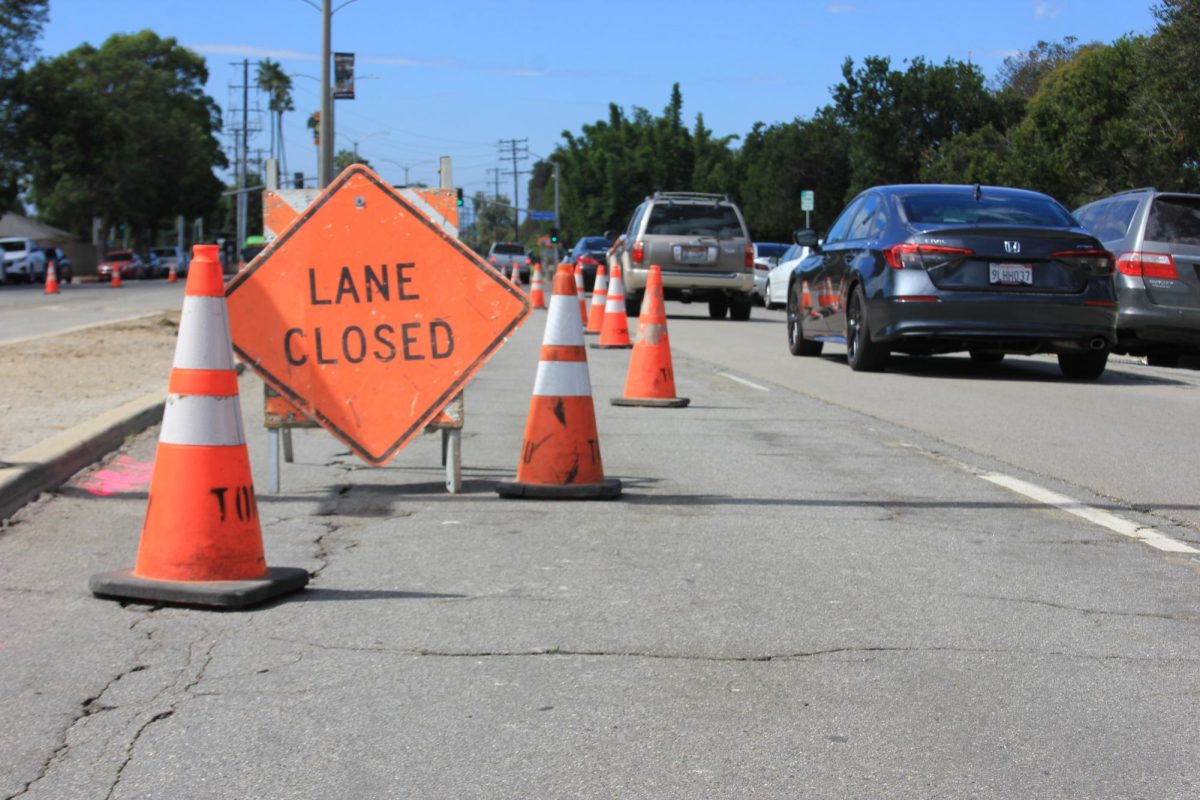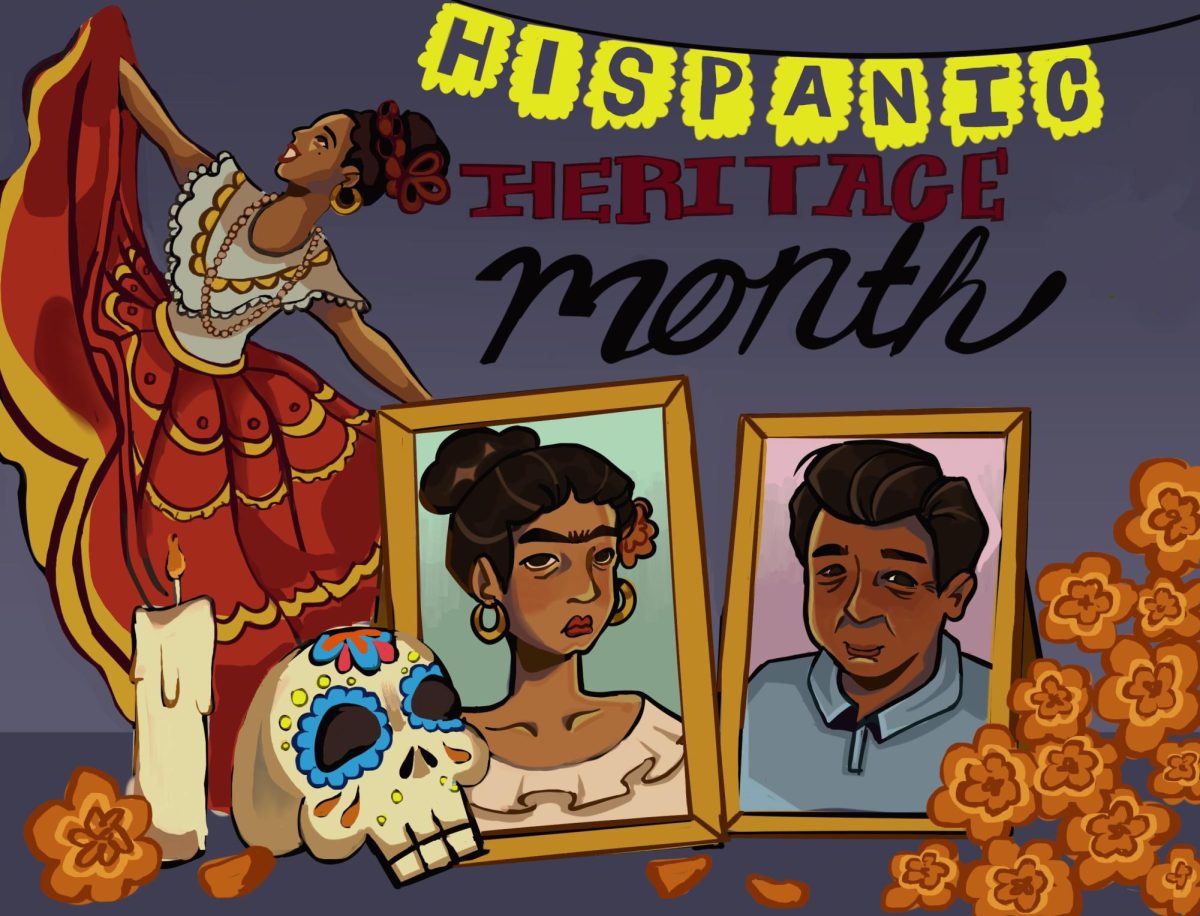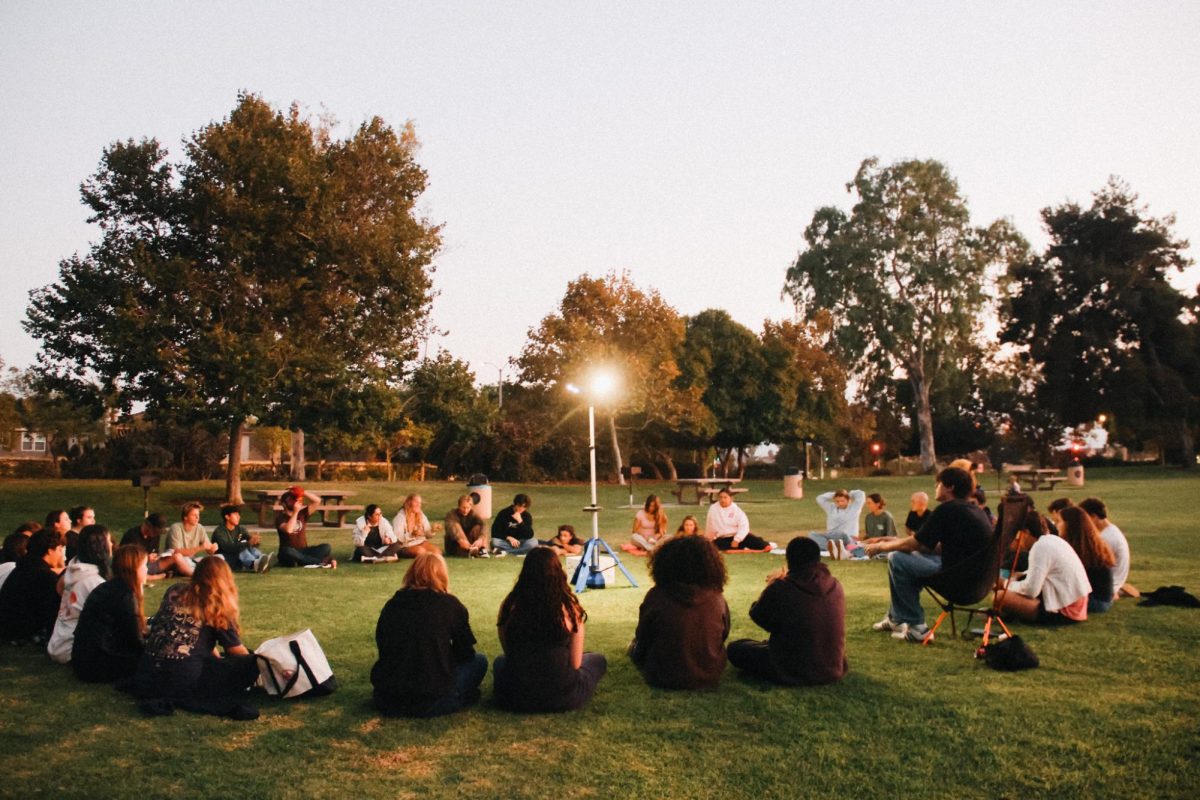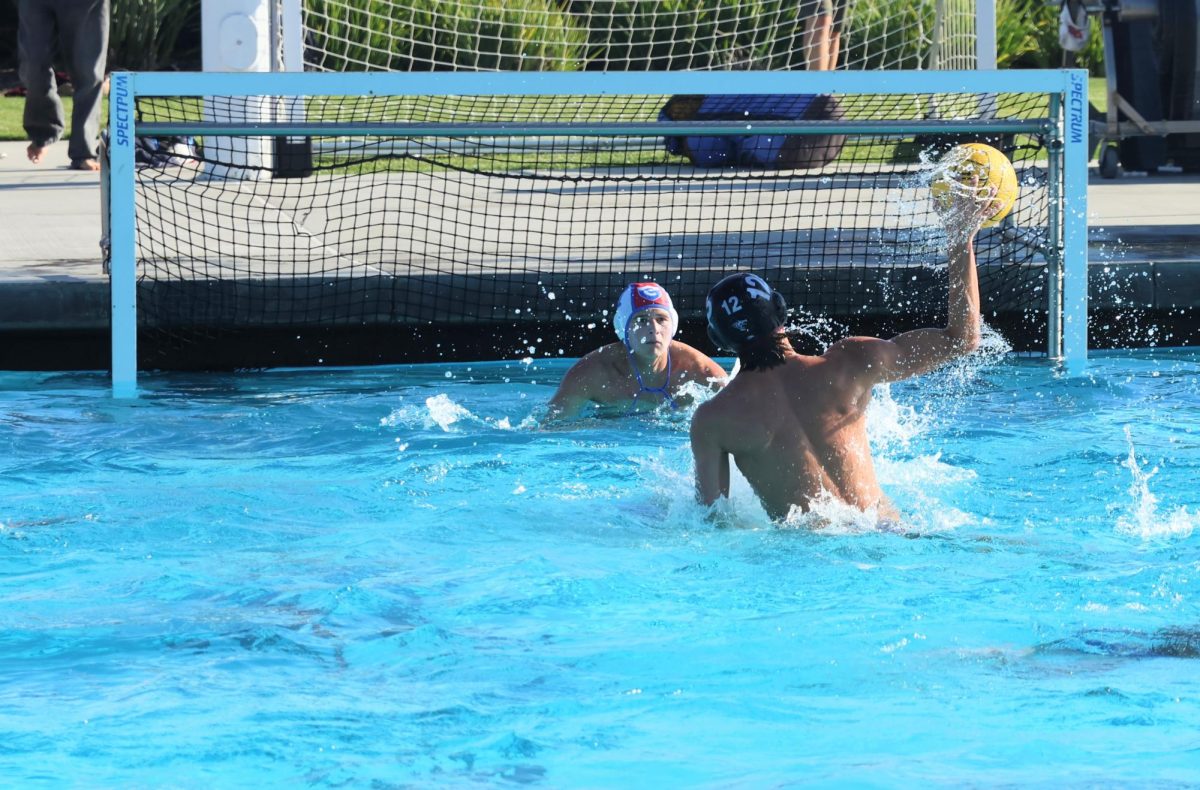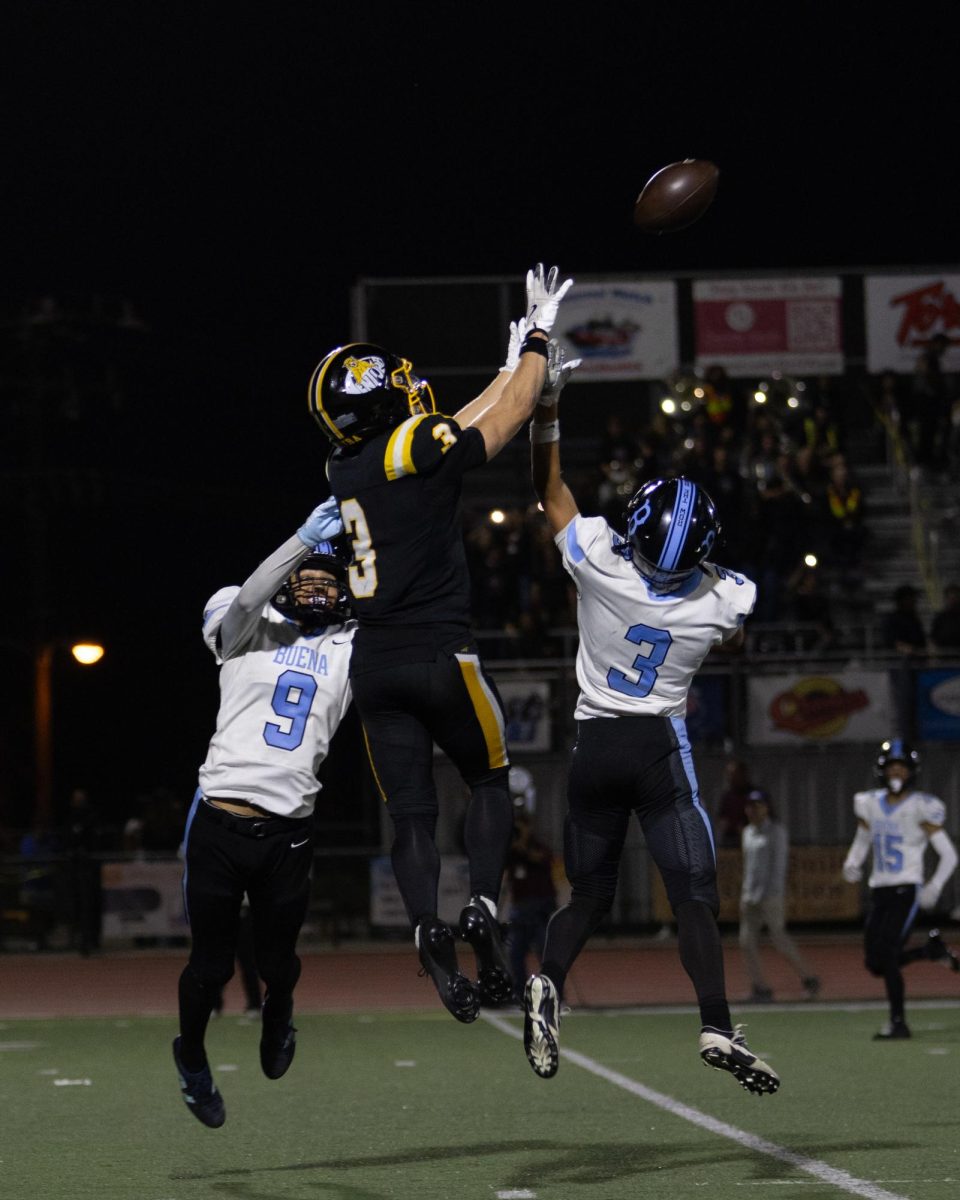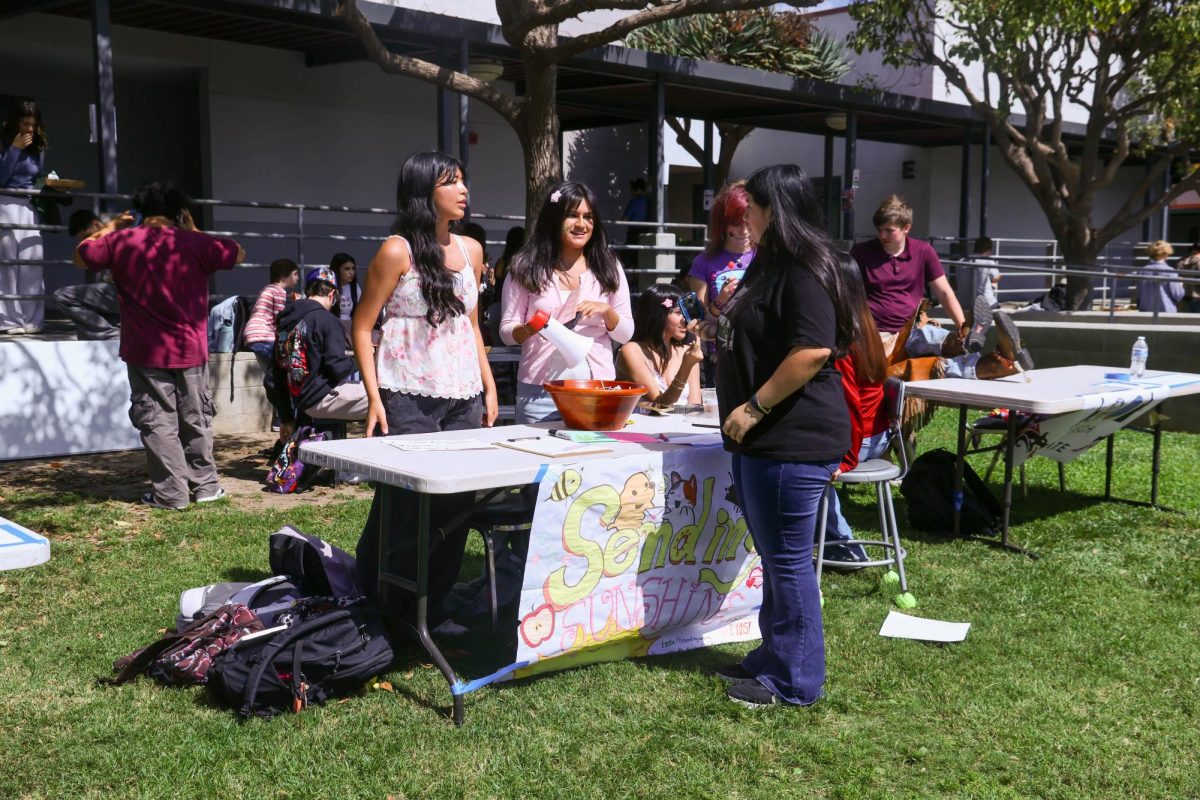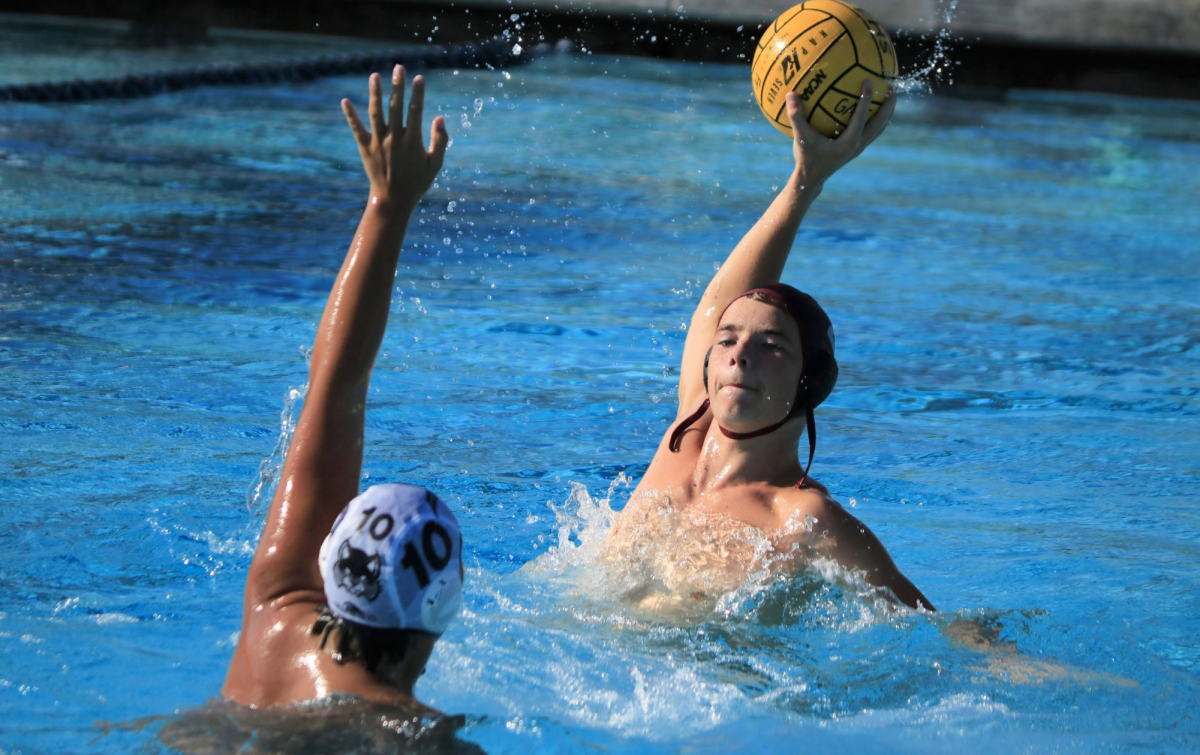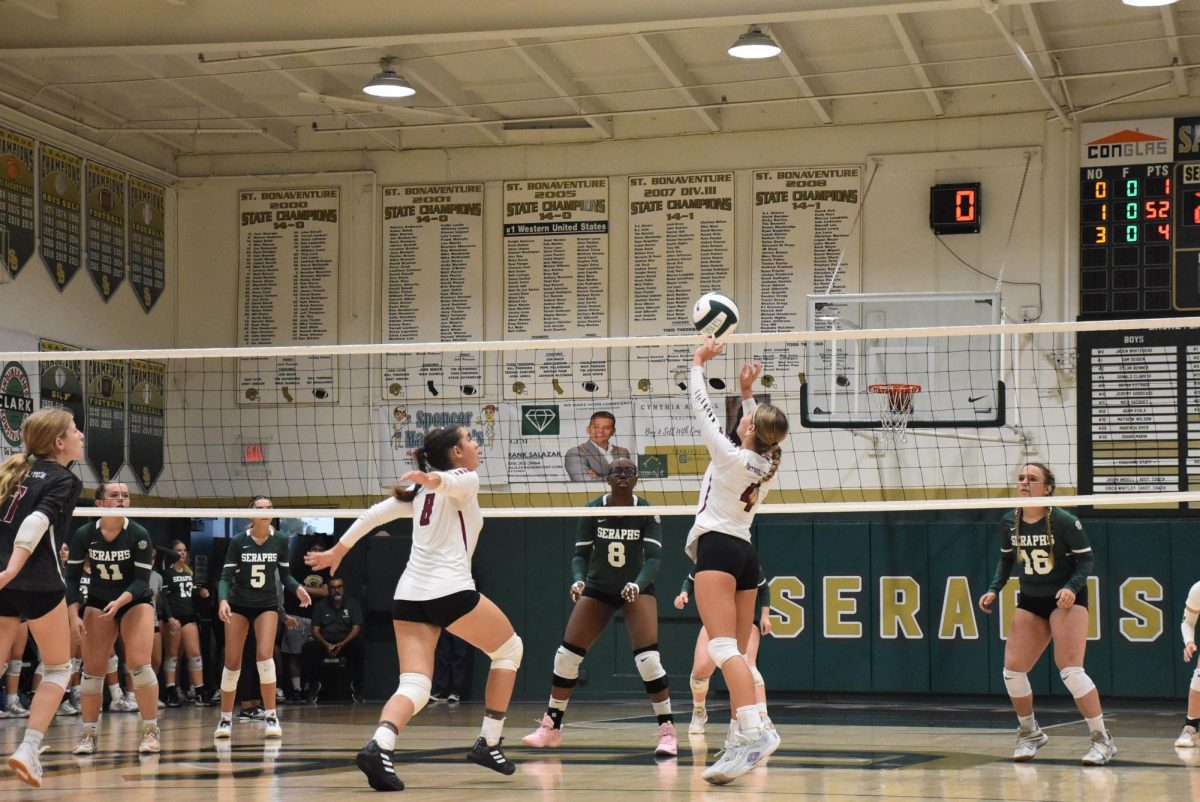Mckesson v. Doe & The American Voice
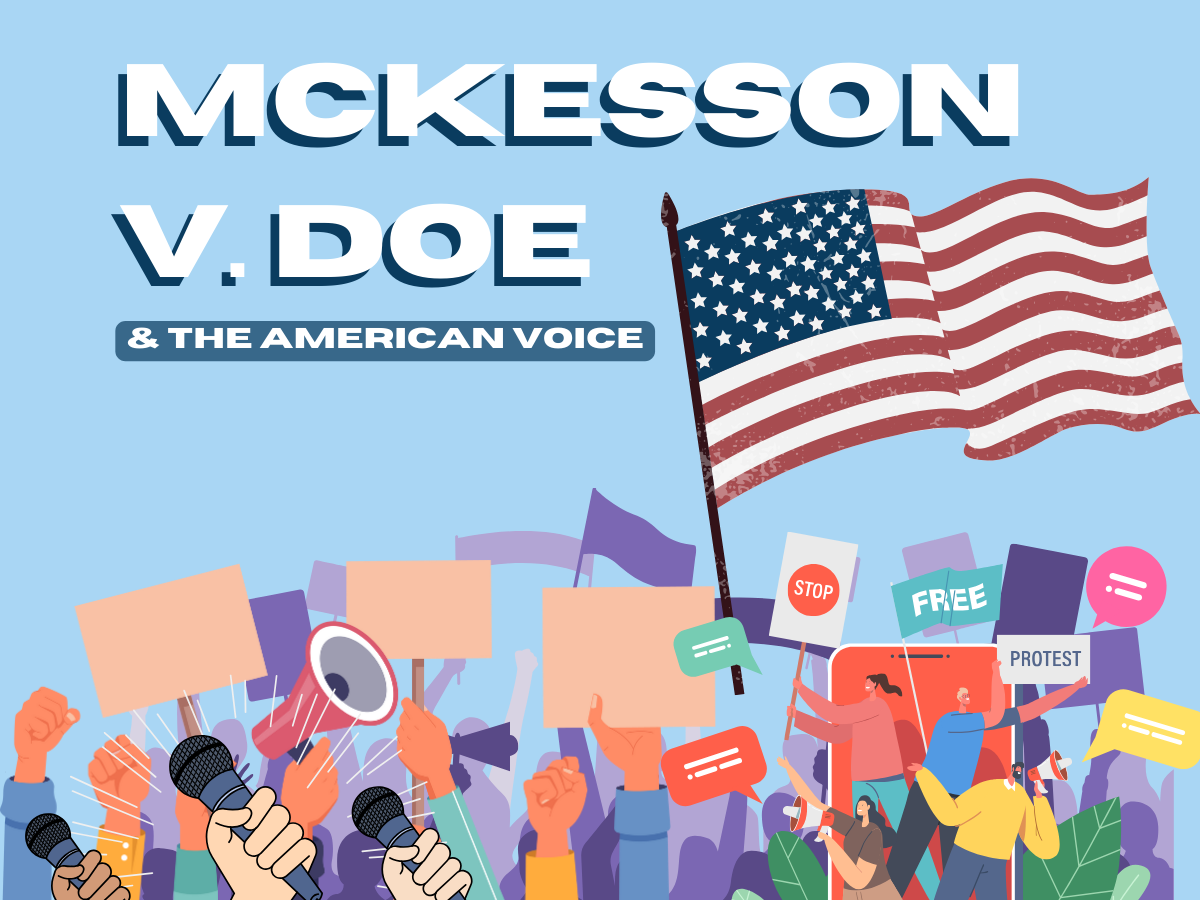
On April 15, 2024, the United States Supreme Court declined to hear Mckesson v. Doe, a Louisiana lawsuit regarding mass protests and demonstrations pertaining to the Black Lives Matter movement. With this refusal, the current lower court decision is upheld— if a single illegal activity occurs during a protest or public demonstration, a protest organizer can be held responsible and face damaging financial penalties. However, Mckesson v. Doe is not a landmark case— with the lower court decision in place, its jurisdiction only includes Louisiana, Mississippi and Texas.
Following the 2016 police shooting death of Alton Sterling, a public demonstration took place in Baton Rouge, La., organized by prominent Black Lives Matter activist DeRay Mckesson. “Doe,” an anonymous police officer on duty at the event, suffered severe head injuries from a rock thrown by an unknown attendee and consequently sued Mckesson for allegedly organizing the protest in a manner most conducive to assault. The case was taken to the Fifth Circuit Court of Appeals, which asserted that a jury may decide that Mckesson’s position as a protest organizer is to assume responsibility to ensure careful and lawful conduct throughout the event, and that any penalties incurred as a result of unlawful activity do not violate the First Amendment.
From grassroots organizations and protest staff to active attendees, this raises the stakes of attending public demonstrations to potentially financially ruinous. With what may be inferred due to the high-profile basis of this case, an important distinction must be made; this decision does not fully abolish or ban protesting, rather it establishes potentially severe consequences should any unlawful, damaging or harmful activity arise.
At both local and national levels, tensions are at remarkable highs throughout the American political atmosphere. In the recent weeks since April 2024, students and faculty from Columbia, Harvard, UT Austin, USC, UCLA, UC Berkeley and many others have organized massive walk-out protests and encampments criticizing President Biden’s continued funding of Israel’s military defense in the current Israel-Hamas war, and demanding their institutions divest from and cease relations with any Israeli industry and institutions. On April 26, 2024, California Polytechnic University at Humboldt (Cal Poly Humboldt) announced a campus-wide facility shutdown in effect until May 10, 2024, in response to the growing encampment protests for Palestine, citing increased vandalism and theft as growing safety concerns.
Though it is unclear whether Mckesson v. Doe’s deliberation will be weighed with similar merit in other states, it certainly questions the responsibilities of civil rights organizations, members of the public and greater institutions and the constitutionality of their actions under freedom of speech and assembly.
With the Supreme Court’s decision not to hear Mckesson v. Doe, its current ruling stands in just three states. Protest organizers in Louisiana, Missouri and Texas will be subject to heavy fines if any illegal conduct by any person occurs, regardless of the protest’s peaceful intent or whether or not the perpetrator(s) is/are associated with the cause or organization. While it may seem that activity on the case has halted until further notice, a larger conversation about freedom of speech and assembly fervently continues.
The decision has drawn criticism over the possibility of First Amendment limitations— the Constitutional provision of the right to peaceably assemble and petition is in a perceivably challenged position.
Tenured Foothill Technology High School (Foothill Tech) world history and government teacher Cherie Eulau offers insightful ledes into both sides of the decision. “The idea is that if it is a truly [peaceful protest], then you have the right to peaceably assemble, and you don’t have a right to violence anyway. It might have a chilling effect on the other side though, because you might be reluctant to organize a protest because you personally might be held responsible for it.”
The Supreme Court’s decision not to hear Mckesson arrives amid growing, yet tensely-contested student demonstrations at universities across the United States on the ongoing Israel-Hamas war. UCLA, UC Berkeley and UC San Diego are just a few of the universities where students have organized and begun their own encampments, intended as peaceful, to demand their institutions divest from Israeli industry and military support.
Similar to the results of Mckesson v. Doe, sweeping measures have been implemented by university administrations to address protests and larger school functions, with many moving to cancel or downsize gatherings like graduation commencement ceremonies and music festivals.
While the Supreme Court’s formal hesitation may be a surprise considering current movements and calls for legislative redress, it may be in anticipation of another case, possibly resulting from the broader student protest movement at hand.
“Although this sounds like it would have been a good case to take, it might also be that they can take it in another session of the Supreme Court. They might be waiting for a case to percolate up that is in the works where it might clarify something. It doesn’t always mean they don’t care, they’re not taking it,” Eulau explained further.
Siya Bhakta ‘22 , a current UC Riverside student and Foothill Tech alum, recounted her experience with the encampment protests and how the campus administration has handled them. “I would say the encampment and protests on our campus have been very very peaceful, however, [they] still had a lot of backlash from the administration trying to silence people. They sent out emails saying they would wash away the chalk drawings and take down banners (which they did) because they thought it was disruptive to campus operations.”
On May 3, 2024, UC Riverside’s SJP (Students for Justice in Palestine) chapter notched a successful negotiation with the schools administration, in which divestment agreements were made in accordance with ending the student encampments.
Amid an administrative decision to cancel UC San Diego’s annual “Sun God” music festival, such an approach and similar actions have received wide criticism from students across universities who believe their administrations’ actions create unproductive, antagonistic divisions between students with different perspectives on the war.
Additionally, widespread condemnation and calls for the resignation of Chancellor Pradeep Khosla of UC San Diego follow his declaration of the encampment protest as illegal and his decision to call for riot police to apprehend 65 encampment protestors, which included 40 students. “Khosla is a disappointment of a chancellor with all the actions and decisions he’s made with the facade of it being for the ‘benefit of the students.’ It’s disgusting, immoral and overall pathetic on all fronts. I hope for his resignation immediately along with the other demands of the student movement for Palestinian liberation,” Imashi Degambada ‘23, a current UC San Diego student and Foothill Tech alum, stated.
UC Santa Barbara student and Foothill Tech alum Athina Ananias ‘22, spoke on the involvement of students for both Israel and Palestine, as well as alternate methods of advocacy: “Since UCSB has a heavy population of Jewish students, there are a lot of pro-Israel students on campus, which has caused some tension between students in the past. I have not participated in any active encampment or protest rallies, but my friends and I have found other ways of protesting that are just as effective. Putting up posters, signing petitions and even spreading awareness on social media about Gaza can be effective ways of showing support for Palestine.”
While discourse over protest rights continues to churn and universities are prompted to respond to student and faculty solidarity movements, protest movements and assemblies in and of themselves will persist, regardless of specific legal ramifications or safety concerns.


